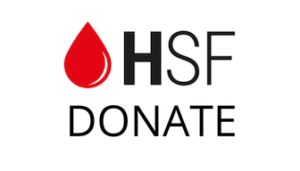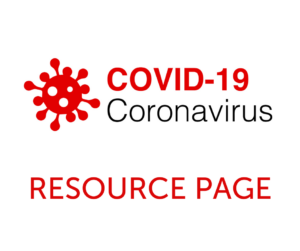*Yes, Gift. Why?
“Because long before you get diabetes or heart disease, low blood sugar, also called Hypoglycemia, sends you insistent warnings, like a “canary in the coal mine,” while you still have time to spare yourself. The gift messages take many forms: anxiety, depression, physical and mental fatigue, brain fog and cravings — all with the same greeting: ‘Change while there’s still time.’ Assuming you listen and act, it could save you a lifetime of unnecessary suffering.”
– Dorothy Mullen, Founder, The Suppers Programs
The food-mood connection is a vital one – listening to what blood sugar is telling you and taking appropriate actions can dramatically improve your metabolic and mental health. Mental health conditions are increasingly being evaluated within the context of metabolic health. Blood sugar dysregulation (high and low), often associated with insulin resistance and hypersecretion, is one of the “canaries in the coal mine” for many metabolic and mental health disorders, and is associated with many medical conditions.
“The low blood sugar of today is the diabetes of tomorrow.” – Dr. Seale Harris
Hypoglycemia is one of the most confusing, complicated, misunderstood, and too often misdiagnosed or undiagnosed conditions of modern medical history. A growing need/emphasis on patient self-advocacy and education is emerging, since, unfortunately, many healthcare professionals are poorly equipped to diagnose the issue, and often lack the training in nutrition science to prescribe a proper dietary response. Nutrition education in medical schools has actually declined in the last three decades. How do you listen to what blood sugar is telling you, and what actions can you take as a patient?
Background
Hypoglycemia is associated with a wide variety of diet-related disorders (metabolic syndrome, type 2 diabetes, fatty liver disease, etc.) and medical conditions (critical illness, drug side effects, organ failure, gastric bypass surgery, etc.). The most common form, functional / reactive hypoglycemia is diet-related and preventable. There are tools available to you that can help pinpoint why and where you might be on a blood sugar roller coaster, and simple solutions involving diet, stress, and lifestyle are accessible and affordable. New and old diagnostic tests and technology can help you pinpoint what the issues might be, and provide helpful data to your healthcare provider.
Resources
Some conventional methods such as keeping a diet/symptom diary and a variety of tests have been in place for decades. Now, new bio-monitoring devices have the potential to empower consumers to optimize their metabolic and mental health – matched with personalized nutrition built on the foundation of real food.
- Hypoglycemia – Blood Sugar Roller Coaster (Comprehensive Infographic)
- Hypoglycemia – Do’s and Don’ts (Book by Patient Advocate, Roberta Ruggiero)
- Sweet Revenge – Turning the Table on Processed Foods (Public Television Program – get a discount code here)
- https://hypoglycemia.org (Informational Website)




Recent Comments